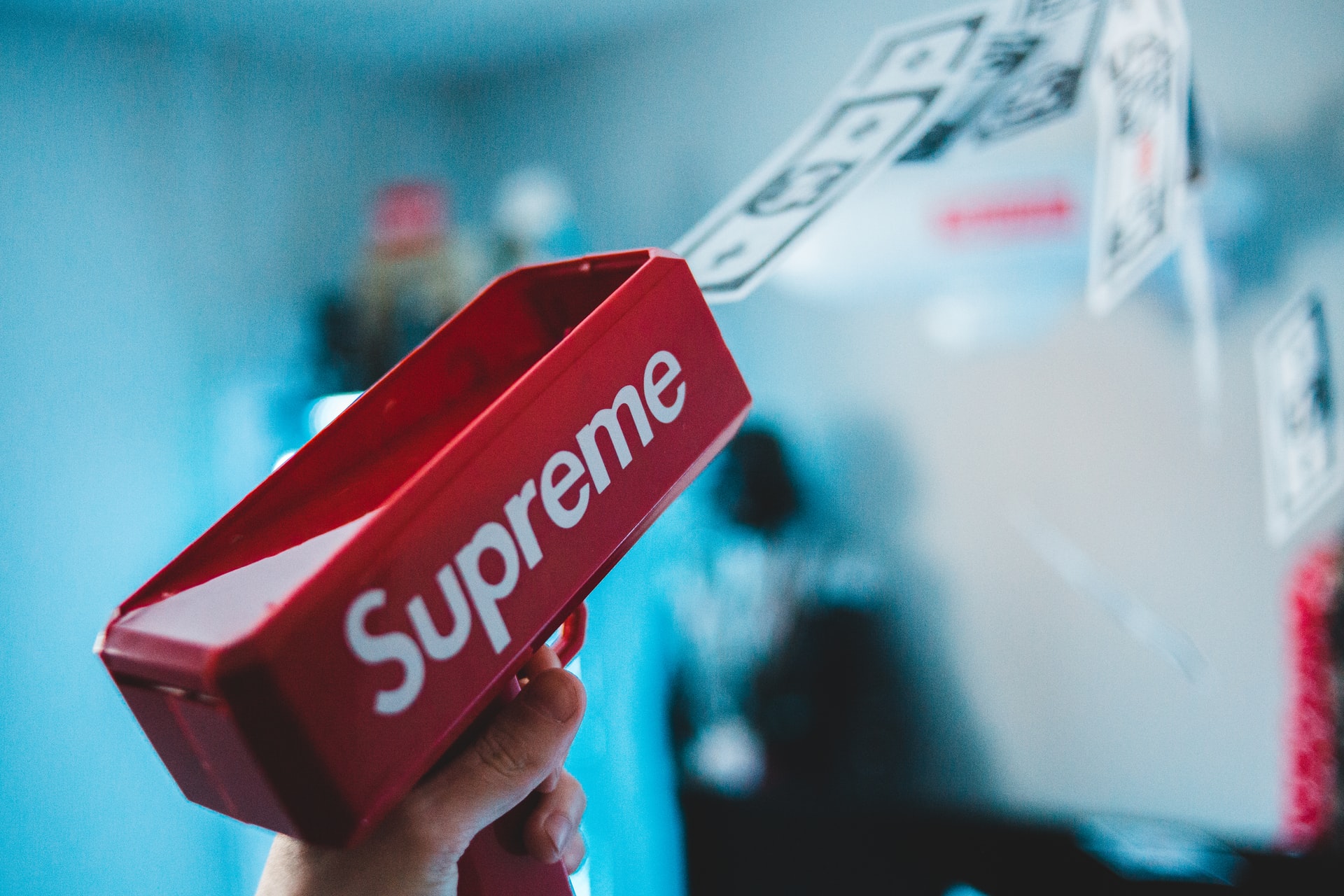Democrats are rolling in dark money donations and Republicans who cheered Citizen’s United are wondering if it was such a great idea.

Democracy is such a pain, as both conservatives and progressives have noticed throughout the course of its history.
Reaching a majority consensus with regards to what laws should be passed takes years, decades. It requires hard work, negotiation, compromise, conciliation; so much so that it is hard for one group, even when in the majority, to completely railroad the other.
The U.S. system was designed that way by forward-thinking founders who knew well what the passing fancies of various lawmakers might mean for a fledgling experiment in personal liberty and self-governance.
Democracy and its natural partner capitalism have fared extremely well over the past century, especially when compared with communism, which failed or is failing everywhere it has been tried from Havana to Jamestown.
One 1989 trip to a U.S. grocery store was all it took to undermine Boris Yeltsin’s lifelong belief in communism.
“If my countrymen could see this,” Yeltsin said afterward of his transformation; “there would be rioting in the streets of Moscow.”
It wasn’t even a supermarket.
Capitalism and democracy have grown to predominance the world over with good reason, lifting with it over two billion people out of extreme poverty worldwide over the past 25 years alone.
The last remaining pockets of communism, Cuba and Venezuela, are failing nations. Even China hardly counts as a communist country anymore.
China is controlled by a single, all-powerful political entity which has harnessed the power of China’s massive workforce and plentiful natural resources- plus the “business friendly” environment typical of a post-industrial, pre-regulatory era- to produce consumer goods to sell to…capitalist countries.
Whatever the Chinese “Communist” Party calls itself, is communism really communism if it needs capitalism to work?
Democracy has its drawbacks, for all its benefits; it makes getting anything done in Washington very difficult. Which is why both parties are always on the lookout for potential work-arounds.
For example: Compared to changing the laws- which is hard- progressives and progressive interest groups have found an easier way of enacting criminal justice reform without passing any legislation at all.
Compared to doing the hard work of Democratic consensus, getting progressive prosecutors elected to state and local office around the country, especially in progressive strongholds, was fairly easy.
A million dollars or two, in a local race that seldom sees candidates who spend even a fraction of that, can easily decide who wins. Progressive prosecutors funded by liberal criminal justice reform groups are more than the opposite of the conservative prosecutors of old; new progressive prosecutors are the equal and opposite reaction.
Conservative prosecutors were elected on promises to be tough on crime by being tougher on criminals. They would therefore do things like over-charge accused criminals by “throwing the book at them”; pursue the maximum sentence in nearly all cases; and ask for extremely high bails.
Progressive prosecutors are doing the opposite; running on, and winning on, platforms dedicated to refusing to bring serious charges, even against repeat or violent offenders, pursuing the most lenient sentence allowable by law in nearly all cases, and pushing for very low or cash-free bail.
This surge in progressive prosecutors is a direct result of political dark money; money funneled to political parties and entities from corporations and wealthy conglomerates with their own agendas.
Political dark money, erstwhile that domain of corporate Republicans, has quietly become the bread and butter of the Democratic Party over the past few years.
Not even the mainstream media can deny any longer that Democratic politicians, even those at the state and local levels, have access to more clandestine and larger sums of campaign money than ever before.
Of course, Republicans have no one but themselves to blame for this fact.
Republicans loved the Citizen’s United ruling that allowed so-called dark money to flow through American political campaigns as never before- when it was mostly flowing into Republican campaign coffers. Now that Democrats have become more prolific than they at dark money fundraising, Republicans don’t like it anymore.
Republicans are learning to their cost what liberal Democrats tried to tell them on the heels of the landmark Citizen’s United ruling that made dark money possible; that unlimited corporate dollars flowing into political interests and candidates is a terrible idea.
Each time one of America’s major political parties erodes some long-held standard, exploits some loophole for a temporary advantage, American democracy slips a little further toward oblivion.
Neither party seems willing to consider the long view.
What, for instance, might future Republicans do if Democrats commit the folly of eliminating the filibuster, or lowering the majority needed for important votes and directives from 60 to 51?
No party stays in control forever, as much as they would like to.
What’s good for the Democratic Party is good for the Republican Party, and vice versa. Like the introduction of dark money into politics, once unleashed, these temporary strategic advantages can never be clawed back.
Like the U.S. founding fathers, modern political leaders need to stop speculating about how the Democratic Party or the Republican Party can benefit from some clever work-around and start thinking about what the other party, and possibly others besides, might do with the same eroded standard in five, ten or even twenty years.
(contributing writer, Brooke Bell)